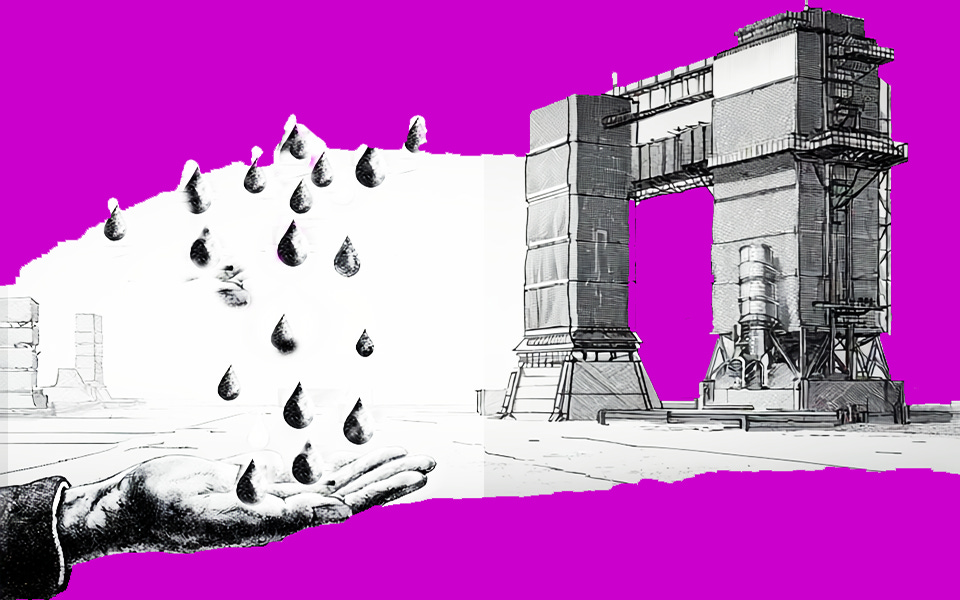Hello👋
Welcome to Rethinking the Hype Cycle, your practical guide to AI and what's next in tech.
It’s been a hell of a hot few weeks on planet Earth. And AI hype shows no signs of cooling down. Top tip: an iced coffee is the perfect primer for this week’s tech trends.
Your regular reminder: If you're not working on the bleeding edge, you don't need to bleed.
On with the trends.☕
🔮 AI and frontier tech trends
AI is the new oil
First, it was data. Now, AI is the new oil. Europe, US and China own half of the world's data centres, leaving other nations scratching at the edges (and working off-peak hours) to access resources for building AI services. Could this be yet another digital divide between the haves and have-nots?
AI is now BAU
A study of 100 enterprise CIOs reveals that AI investment is shifting from innovation budget lines to business-as-usual IT spending. Many actively avoid model lock-in, though conversely, the rise of AI agents will make lock-ins inevitable.
AI tips the scales ⚖️
Research shows consumers are leading the charge in AI adoption. Over half of American adults now use AI, with 1 in 5 using it daily. Millennials (29-44) lead as power users (Gen Z and Gen X just a whisker behind), driven by practical needs like helping kids with homework and meal planning. Voice assistants like Siri and Alexa help with adoption.
The gap in who is paying and who isn’t is wild: only 3% pay for AI licenses. That’s like everyone in the block joyriding on one neighbour’s Wifi. This creates opportunities for specialised AI agents, though they must work in high-trust or high-value spaces to overcome users' preference for general tools.
Not all are enthusiasts: 4 in 10 are firm non-users. Not Neo Luddites but thoughtful people who prefer interacting with humans over machines. They need to find a reason to be moved.
AI is making your job
AI auditor, tastemaker and integrator: love this list of the new jobs that AI could create. Nice break from the doom and gloom c/o AI Marketing Institute.
The New York Times similarly created a list by asking AI and actual experts. Most new roles seem to hinge around safeguarding against AI: trust, ethics, consistency, assessor, interrogator and escalation feature in the sexy new job titles you don’t have a degree for. Could untrustworthy AI become more complex and expensive to fix than building trusted systems in the first place?
Copy that
It's not a human, it's AI wot wrote this. The telltale signs of AI writing are irking us messy human authors who are fighting back—unleash the em-dash!
This study 'delves' into how the AI lexicon is breeding more language standardisation (towards American English) while diminishing our trust as ‘flat' language, rightly or wrongly, signals use of AI.
Here's a writer’s trade secret: AI works brilliantly for parsing facts and data. But for that killer advert, sales messaging, love letter or tech trends newsletter, you need to do the hard graphite yourself.
Could neural networks quench AI’s energy monster?
Keep reading with a 7-day free trial
Subscribe to Rethinking The Hype Cycle to keep reading this post and get 7 days of free access to the full post archives.




